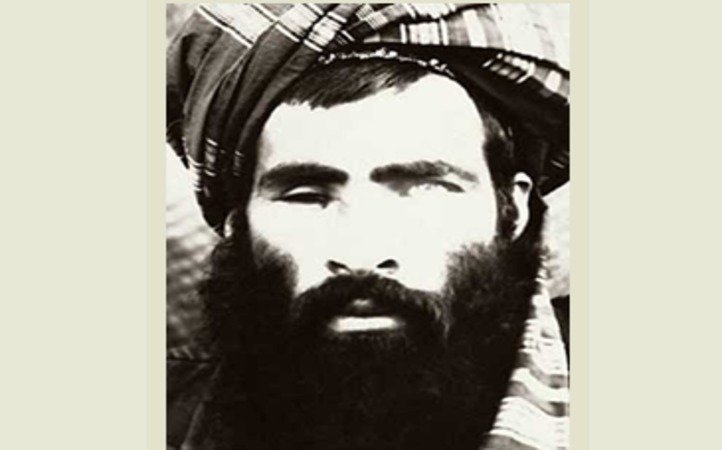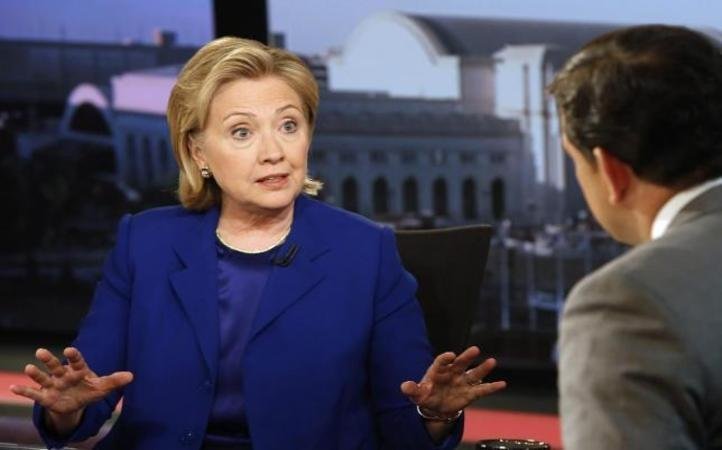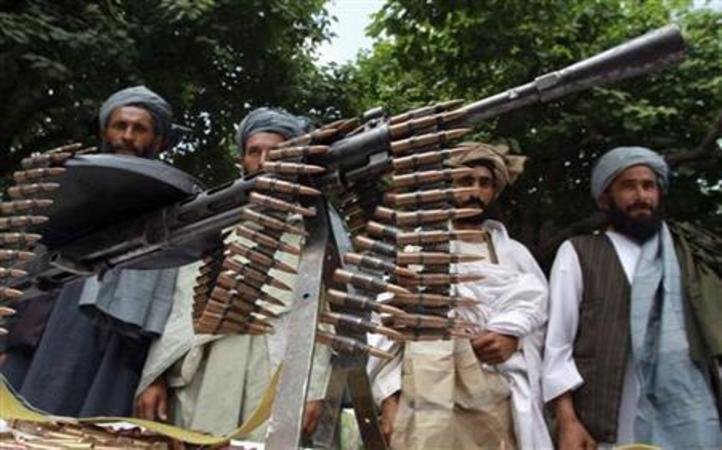Governments around the world have restrictions on transparency which are maintained by imposing acts to conceal state secrets. This practice is mostly put in place, since at times, transparency might reveal undesirable secrets which might raise questions.

The US state department released 7,121 e-mails from former secretary of state, Hillary Clinton’s private server, which mostly included messages regarding daily matters at her work place. But one message among 125 censored mails, claimed that Pakistan’s ISI was sheltering Taliban leader Mullah Omar.
The mail, which shows facts in a ‘well informed piece’ on how Mullah omar was saved, comes as a revelation as ISI has denied this time and again, and the US too claims to have no such evidence. The author of the mail, one Sid whose full name has been redacted, also talks of the idea of Afghanistan as an aspect in Indo-Pak conflict.

The piece mentioned is one by William Dalrymple titled ‘the military and the mullahs’ , written for New Statesman, where he said the Pakistani establishment has had a history of nurturing extremists to dominate Afghanistan and undermine India. He also calls this a fatal alliance for Pakistan itself.
The mail sent in 2010, claims that Mullah Omar was kept in a safe house in Quetta since 2001, and his militia set up camp in the suburb of Pashtunabad. It also said that Taliban leaders like Gulbuddin Hekmatyar and Jalaluddin Haqqani were given space to operate from Peshawar and Waziristan respectively.
Trucks full of Taliban
The article gave information about US filming Pakistani army trucks delivering Taliban fighters at the Afghan borders by 2004. It also mentions an instance when wireless monitoring at a US base in Bargam intercepted communication between Taliban commanders and Pakistani officers at the borders.

The claims made are explosive, since the presence of Osama in Pakistan had already opened a can of worms regarding Pakistan’s role as it was US’s ally in the war. This report can trigger another debate, which also concerns Indian interests in the region.

















